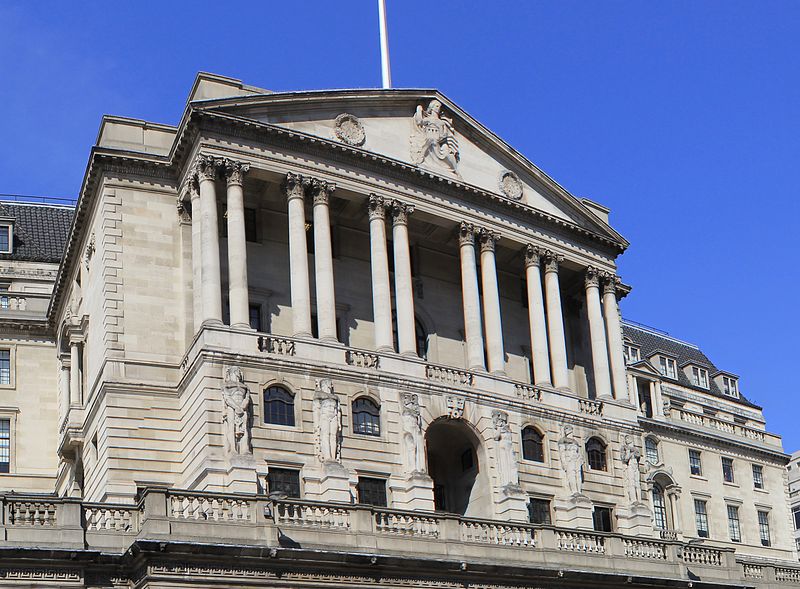
The Bank of England is expected to reduce its Bank Rate by 0.25% to 4.75% on November 7, according to a Reuters survey of 72 economists. However, nearly two-thirds of these economists
do not anticipate any further rate cuts in December, suggesting that the Bank may adopt a cautious approach.
In September, British inflation fell to a three-year low of 1.7%, down from 2.2% and below the Bank's 2% target, which provides the Monetary Policy Committee (MPC) with some room to ease rates following a pause in September and a close vote to ease in August.
The UK economy remains relatively strong, with a potential investment boost expected from the budget of Finance Minister Rachel Reeves, which is due this week.
While BoE Governor Andrew Bailey and MPC member Megan Greene welcomed the recent drop in inflation, they noted that it’s too early to celebrate. Another MPC member, Catherine Mann, expressed caution, noting that price stability may take more time, suggesting a slower pace of rate cuts.
"Interim favorable inflation data has likely strengthened committee members' confidence in a steady path to target inflation," said Ellie Henderson, an economist at Investec. "However, we don’t believe the MPC will declare victory over inflation just yet, as some risks remain."
The survey, conducted from October 22 to 28, found unanimous expectations for a rate cut to 4.75% on November 7. However, 46 of the 72 economists predicted no rate change in December, while the remaining respondents anticipated another 0.25% cut.
Among 16 Gilt-Edged Market Makers, 11 expected no rate change in December, while five anticipated a cut. Futures markets are pricing in rate reductions for both November and December.
Even with potential rate cuts in November and December, the BoE’s pace of easing would still trail other major central banks. The U.S. Federal Reserve and European Central Bank have reduced rates by 50 and 75 basis points, respectively, with expectations of further cuts by year-end. In contrast, the BoE is projected to cut only 50 basis points by the end of the year.
Median forecasts suggest a Bank Rate of 3.50% by the end of 2025, with predictions ranging from 4.25% to 2.75%, though no single consensus emerged.
Limited Inflation Impact Expected from UK Budget
Reeves' upcoming budget announcement on October 30 is anticipated to include increased spending to improve public services and infrastructure in the UK. However, half of the surveyed economists expect minimal impact on inflation from the budget, while seven believe it could slightly push inflation higher, and two foresee a slight decrease.
Stefan Koopman, a senior economist at Rabobank, commented that "Reeves’ budget approach of increasing taxes for current spending and borrowing for investments will initially boost demand, which may later contribute to supply, suggesting a looser fiscal stance." Nonetheless, Koopman added that he expects the BoE to see the budget’s impact on demand-supply balance as minimal, allowing it to continue its gradual rate cuts.
Inflation is projected to average 2.6% this year, 2.3% in 2025, and 2.0% in 2026, while the UK economy is forecast to grow by 1% this year, 1.3% in 2025, and 1.5% in 2026, with little change from previous predictions. Photo by Katie Chan, Wikimedia commons.




































